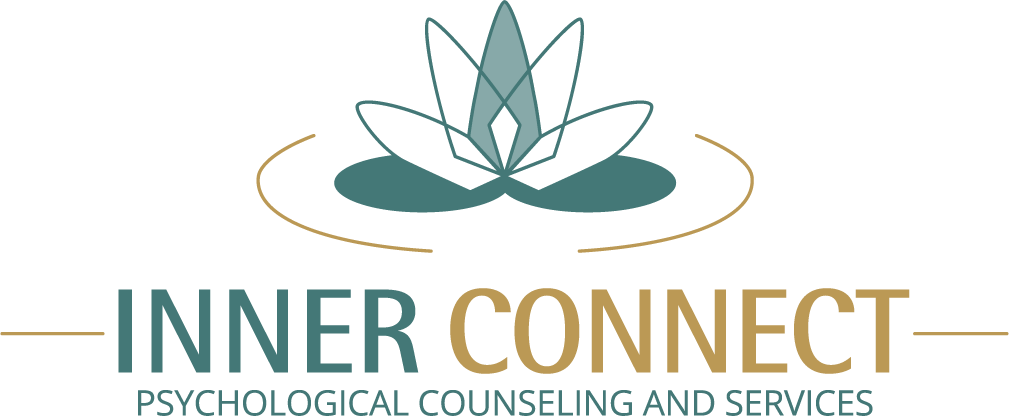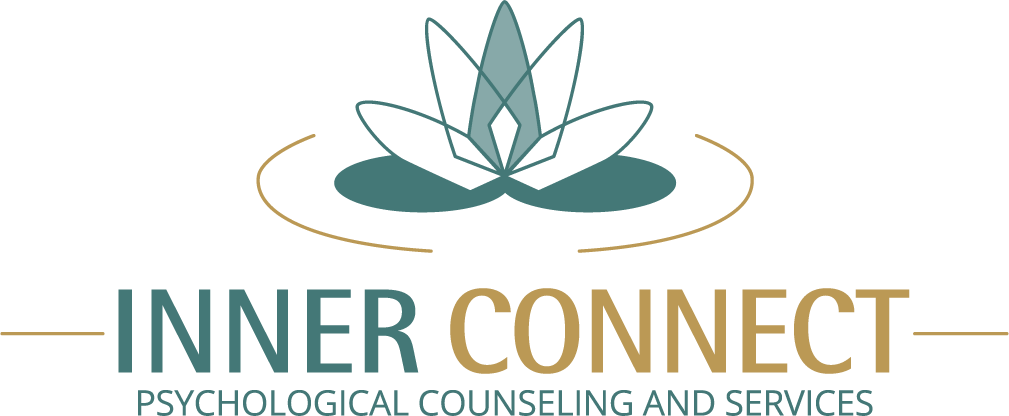
Forgiveness
to set yourself free

“To err is human; to forgive, divine.”
Is this akin to saying humans make mistakes but the will and/ ability to forgive- that’s a department taken care of by the divine forces alone? If that’s true, then do we humans even have the gift of freedom from the shackles of pain and angst? If so, how? By aspiring to be one with the divine? Or by inflicting pain to what/ the one caused us pain? How?
“Forgiveness is the attribute of the strong.”
Could be. But what about those who struggle to forgive and/ or accept forgiveness? What’s our understanding of their strengths? Do we consider them as having any strengths at all? Are they weak? Coward? Stubborn? Irredeemable? Damaged? What are they like?
Here’s another one along similar lines:
“The first to apologise is the bravest. The first to forgive is the strongest. And the first to forget is the happiest.”
This kind of glorification of forgiveness has the potential to benefit and also frustrate. If it motivates you to truly forgive, great. However, if you are not ready to forgive and still utter, over and over, “I forgive you/ myself”, chances are that you continue to feel trapped by the past. To this, add the element of forgetting! That’s like saying, one can tune her/ his mind to selectively delete memories as a path to happiness. But the question is, can we, really? What’s even more crucial to know is, if we can’t forget, how do we keep moving on?
Our understanding of forgiveness is quite contrary to the above mentioned quotes. Forgiveness, as we view it, is a journey one ventures on when she/ he ceases to see enough value in holding onto the unpleasantness associated with the past. It doesn’t have to mean that you start feeling grateful for the pain you went/ are going through or that you excuse, minimise, or exaggerate what happened, or that you desire to (re-)establish friendly and/ cordial relations with what/ who hurt you. It also doesn’t mean that you must hurt what/ the one who hurt you. The past is acknowledged for what it really was and is relieved of the responsibility of making you feel free in the present and/ future.
Forgiveness can’t be trapped by timelines. It’s neither a one-time act nor are there any short-cuts on this road. The desire to forgive often emerges when you’ve acknowledged and lived with all the messy turbulence inside, staying connected to the source of your hurt, and somewhere along this road, moving to recognise that there is more to you and there could be more to the source of your hurt than what the past shows you. You have complete clarity of what you are forgiving self/ another/ a situation for. The kind of connection you’d been holding onto begins to suffocate you and you feel ready to free yourself of it. This can be unsettling, right? The odd familiarity of the past association is now gone. What do you now hold onto? Your belief in your ability to heal. Your desire to grow. And holding onto this newfound sense of freedom requires both patience and practice.
An honest, heartfelt apology can help ignite the desire to forgive someone. But what if you never receive one? What if it’s a situation you’re disturbed by and not a person? Forgiveness isn’t bound by an apology. Precisely because when you forgive someone/ a situation, it has much more to do with you than its recipient. The physical and mental health benefits of forgiving are plenty, ranging from reducing the risk of various disorders to enhancing the quality of your relationships with yourself and others.
Think back to a time when the words and/ or actions of someone deeply hurt you. A friend breaking your trust, a partner walking out, a neglecting and/ abusive parent…As time passes by and your life experiences continue to multiply, if you find yourself yearning for a different version of the past to show up in your present and only then will you feel free, you’ve still not forgiven. Perhaps you’re still not ready to forgive. As you become aware of the holds of that fractured relationship in your current life, and yearn to break free of them, psychotherapy can facilitate this transition for you.
Forgive, not because you no longer care, but because you care enough to help yourself heal.
Forgive, not because it’s considered a strength, but because you feel ready to do it.
Forgive, not because others say revenge is bad, but because you begin to see meaning in looking beyond the past.
Forgive, not because it’s necessary to set another free, but because it marks the beginning of your freedom.
Forgive, not because your life can’t go on without it, but because you’ve understood the why of it. And this “why” is unique to you. Just like yourself.
References
- Pope, A. (1711). An Essay on Criticism. Retrieved June 2020, from https://www.poetryfoundation.org/articles/69379/an-essay-on-criticis
- Gandhi, M. (n.d.). Retrieved June 2020, from https://www.brainyquote.com/quotes/mahatma_gandhi_121411
- (n.d.). Retrieved June 2020, from https://www.goodreads.com/quotes/5674126-the-first-to-apologize-is-the-bravest-the-first-to
- Mayo Clinic Staff. (2017). Forgiveness: Letting go of grudges and bitterness. Retrieved June 2020, from https://www.mayoclinic.org/healthy-lifestyle/adult-health/in-depth/forgiveness/art-20047692



